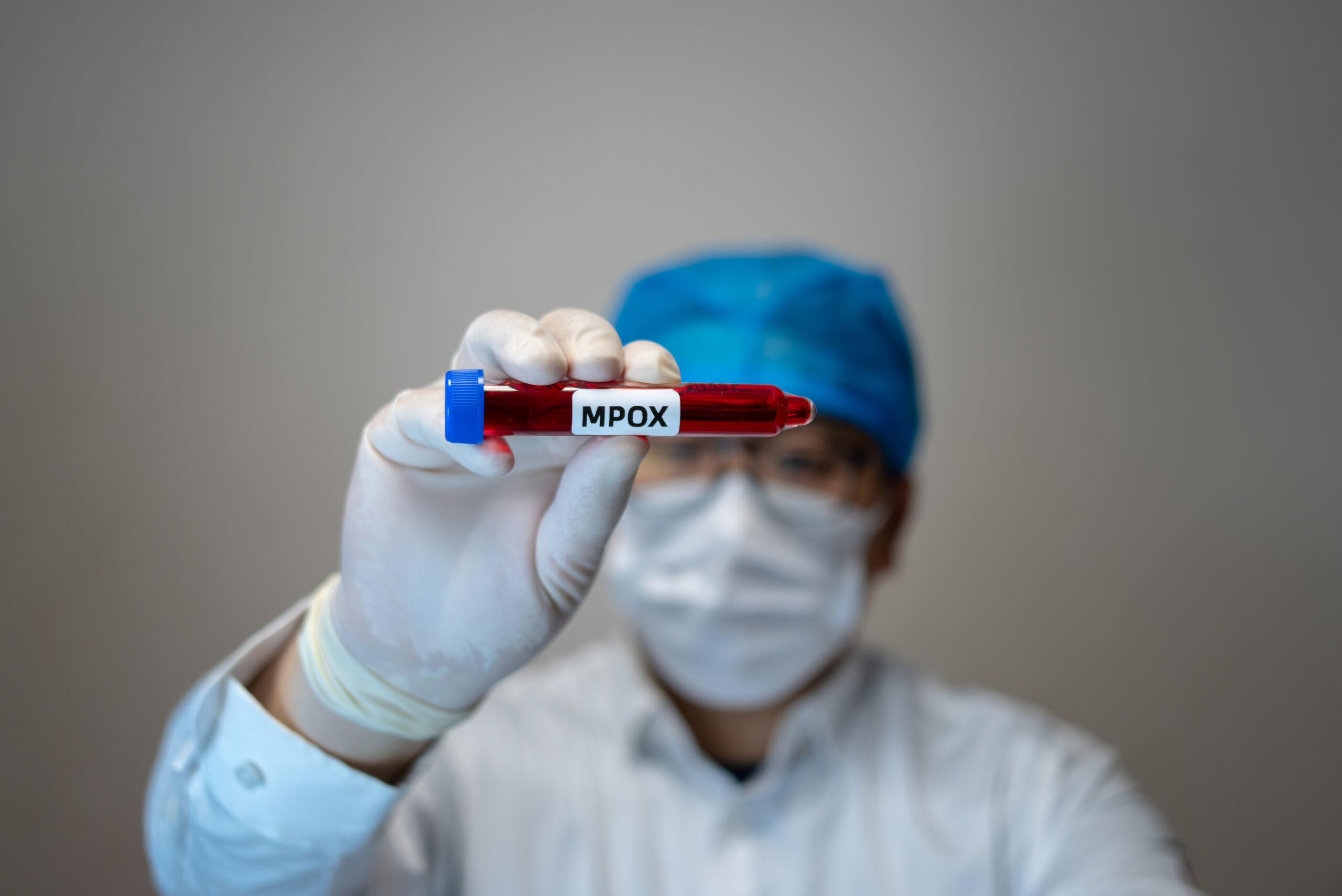
Photo: ID 331427910©Chalanova79 | Dreamstime.com / Image: Patient with Monkey Pox.
Update: Health officials in Argentina confirm that the suspected case of the ship’s crew member tested negative for mpox. The result of laboratory tests on the sample derived from the crew member of Indian nationality as a suspected case of mpox came back negative, confirming a positive diagnosis for chickenpox.
In its statement, the health ministry (Argentina.gob.ar) said the individual tested negative for mpox, but positive for chickenpox.
Argentina quarantined the Liberia-flagged bulk carrier earlier this week over the first suspected case of mpox on the vessel, as an outbreak of a new fast-spreading variant triggered a global public health alert, the health ministry of Argentina reported.
The ship raised the alert after one of its crew members of Indian nationality showed skin lesions of vesicular appearance in his body, compatible with symptoms of mpox, for which he was isolated from the rest of the crew.
The health authorities in the country have activated a public emergency protocol and quarantined the ship with crew members not allowed to enter the port.
Likewise, medical control was requested on all the crew and samples will be taken in order to conduct medical tests.
It was bound for the San Lorenzo where it had to drop anchor until the results of the tests are available.
As it is showed in the marine traffic website, the ship was at anchor on August 20.
Medical personnel will be the only ones allowed to board the ship and no one, according to the health authorities, will be able to disembark except the medical team.
“The health personnel will board the vessel with the corresponding protection measures, will carry out the tests and the entire crew will be quarantined until the results are available,” said the health ministry earlier this week.
It should be noted that Argentinian health authorities continue to prioritize epidemiological surveillance actions for the detection, early diagnosis, adequate care and implementation of isolation measures and tracing of possible cases.
In addition, recommendations were reinforced according to the guidelines of the International Health Regulations to issue alerts in the event of suspicions to all border officials at land entry points, ports and airports.
The Director-General of the World Health Organization (WHO) has determined that the ongoing upsurge of mpox in the Democratic Republic of the Congo (DRC) and in a growing number of countries in Africa constitutes a public health emergency of international concern under the provisions of the regulations.
As it is reported by the WHO, there is a huge concern regarding the evolution of the multi-faceted upsurge of mpox, including the many uncertainties surrounding it and the capacities in place to control the spread of mpox in States Parties experiencing the outbreaks.
It is recognized the critical role of coordinated international cooperation in supporting States Parties’ efforts to control the spread of mpox in the WHO African region.
In the past month, over 100 laboratory-confirmed cases of clade 1b have been reported in four countries neighbouring the DRC that have not reported mpox before: Burundi, Kenya, Rwanda and Uganda.
Experts believe the true number of cases to be higher as a large proportion of clinically compatible cases have not been tested.
Several outbreaks of different clades of mpox have occurred in different countries, with different modes of transmission and different levels of risk.
Few weeks ago, the Director-General of the World Health Organization (WHO) triggered the process for Emergency Use Listing for mpox vaccines, which will accelerate vaccine access for lower-income countries which have not yet issued their own national regulatory approval.



